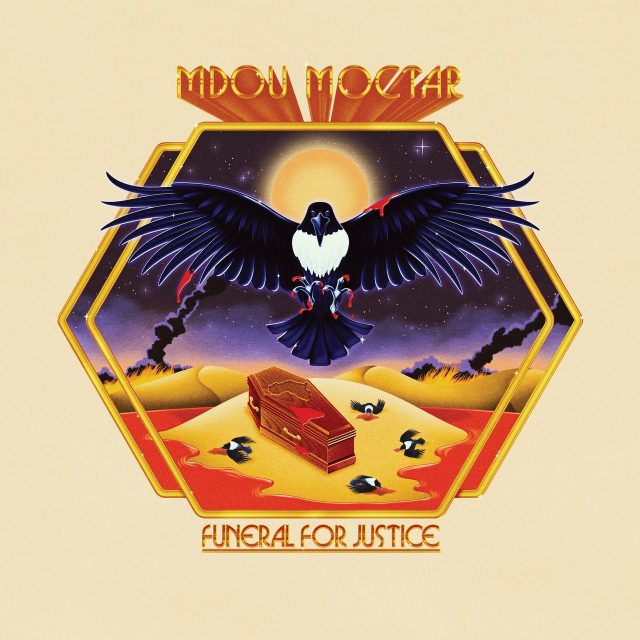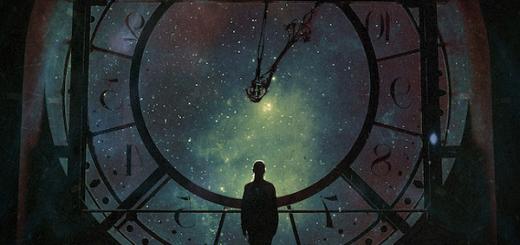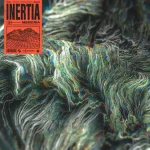Mdou Moctar: ‘Funeral for Justice’ Review

In parts of North Africa, the movement of Tishoumaren music, or the ‘desert blues’, is given huge reverance, albeit with little western coverage or crossover. A napkin summary of the style: the Tuareg people, originally a group of desert dwellers that eventually settled into less dangerous environments, gradually found themselves blending their own music with western influences. Eventually, the electric guitar became a popular tool for expression within the music, with more westernised instrumentation to find its own way across as decades passed. What emerged in recent years is a compelling cultural clash, one that showcases the traditional Tuareg style while seamlessly integrating western psychedelia tenets.
One such pioneer of this style is Mahamadou Souleymane, better known to the world as Mdou Moctar. Based in Agadez, Niger, Souleymane started his musical endeavours with a self-built guitar strung with bicycle strings, recording albums that were originally distributed as MP3 recordings via Bluetooth across Niger, before receiving international recognition. Now living in the US due to a coup d’état in his home country, his seventh album (and third with a full backing band), Funeral for Justice, attempts to carry forward his signature stylings. His previous opus, Afrique Victime, was a massive statement of an album, and this follow-up builds on that while changing things up here and there.
Opener and title track Funeral for Justice flummoxes you with its immediacy, one of the heavier tracks released by Moctar. But it’s Imohaur which attempts to immerse the listener in a moment of calm before bursting into an absolutely furious extended guitar solo, the drums keeping the tempo and throwing in some wonderful fills as the shredding becomes increasingly high-stakes. It wonderfully culminates with some reverberated guitar and a proper “arena rock outro” complete with one person yelping at the end.
Lyrically this album touches on quite a few areas, from the managed decline of his native Tamasheq language (of which this record is performed) to the legacy of French colonialism and indeed modern western dogma – see the shreddy-yet-poignant Oh France. On its own, the depth of the lyrical content combined with the virtuoso flair separates this from many western shred showcases, but it helps that Funeral for Justice isn’t all shred and riffs. Tracks like Imajighen and Takoba showcase a more reserved side to Moctar, a more vocal-forward approach on both tracks. His vocal technique isn’t particularly groundbreaking but they serve the general vibe of the songs he writes rather well.
It’s closer Modern Slaves that manages to balance the two sides of this album – ludicrous guitar showcase and lyrical rumination on the state of Niger and the wider continent. A deeply affecting acoustic guitar solo opens, with a central lead that the song frequently returns to, one that the vocal melody also follows. It’s not the big blowout ending you might expect given some of the more energetic tracks earlier on the album, but it’s nonetheless a superbly constructed song which highlights Moctar’s skill as a composer while allowing the message to remain central to the music.
An album like this is few and far between – it has so much to say, and even without understanding the lyrical content, you can feel the weight of the words. The guitarwork is a central addition that is very much an entry point, but more importantly – it’s not all that’s there. Funeral for Justice is first a poignant commentary on the modern world, and a shred guitar fest second. That sets it apart and makes it more than worthy of earhole insertion. I hope this here review convinces you.









